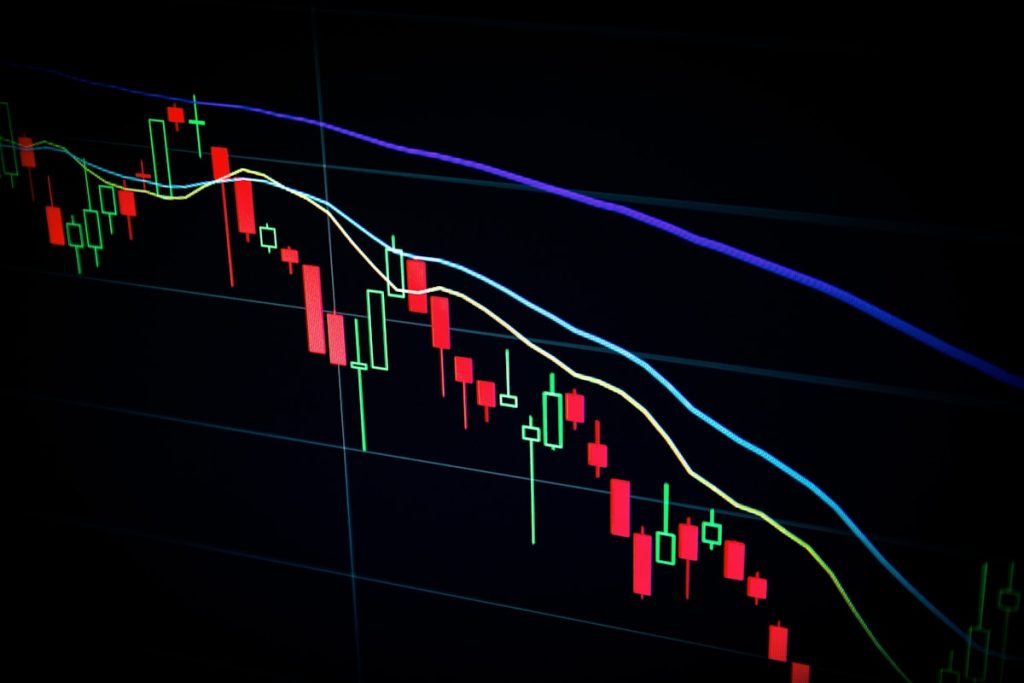Stocks Decline as Trade War Deadline Looms
Global stock markets have faced heightened volatility this week as investors brace for a critical deadline in the ongoing U.S.-China trade negotiations. Major indices, including the S&P 500, Dow Jones Industrial Average, and Shanghai Composite, have retreated amid fears that renewed tariffs could derail a fragile economic recovery.
Trade War Uncertainty Weighs on Markets
With the deadline for a phase-one trade agreement approaching, concerns over unresolved disputes—such as intellectual property protections and agricultural purchases—have intensified. Analysts warn that failure to reach a deal could trigger a new wave of tariffs on $160 billion of Chinese goods, escalating tensions and disrupting global supply chains. This uncertainty has led to a risk-off sentiment, with investors shifting capital to safer assets like bonds and gold.
Sector-Specific Pressures
Industries most exposed to trade tensions have borne the brunt of the sell-off:
- Technology: Semiconductor and hardware companies, reliant on cross-border production, saw sharp declines.
- Automotive: Manufacturers faced pressure due to potential disruptions in parts sourcing.
- Agriculture: U.S. farm stocks slipped as China threatens to curb soybean and pork imports.
Market Reactions and Volatility
The CBOE Volatility Index (VIX), a measure of market fear, surged to its highest level in months. Meanwhile, yields on 10-year U.S. Treasury notes fell as demand for fixed-income assets rose. In Europe and Asia, export-heavy economies like Germany and South Korea also experienced equity declines, reflecting the global ripple effects of the trade standoff.
Potential Scenarios Ahead
Market participants are pricing in two primary outcomes:
- Deal Reached: A limited agreement could spark a short-term rally, particularly in cyclical stocks.
- Escalation: Fresh tariffs may prompt further sell-offs, with analysts predicting a 5-10% correction in equities.
Economists caution that prolonged uncertainty could dampen corporate investment and consumer spending, slowing global GDP growth to 2.5% in 2024, according to IMF projections.
Investor Strategies in Focus
Fund managers are increasingly hedging portfolios through options contracts and diversifying into non-cyclical sectors like utilities and healthcare. Some are also exploring opportunities in emerging markets less tied to U.S.-China trade flows. However, many advise caution until the deadline passes and policy clarity emerges.
As the clock ticks down, markets remain hypersensitive to headlines from Washington and Beijing. The coming days will test whether both nations can bridge their differences—or if the world economy must brace for another turbulent chapter in the trade war.



